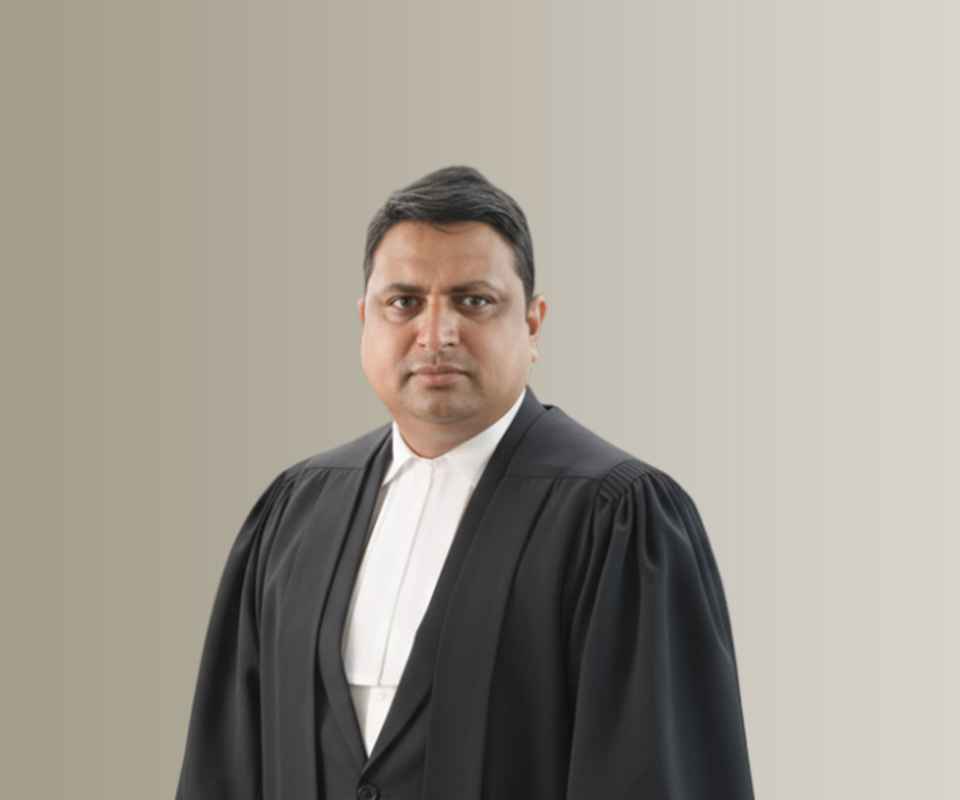Answer By law4u team
Court marriages in India are governed under the Special Marriage Act, 1954, and they are meant to provide a legal framework for marriages without the need for religious ceremonies or community-specific customs. The law aims to provide a simple and formal method for individuals, regardless of their religion, caste, or community, to marry. Regarding the question of whether a court marriage can be done "secretly," the answer is no in the strict legal sense. The procedure for a court marriage is designed to be transparent, and there are legal requirements and public processes that must be followed to ensure its validity and legitimacy. Here’s why: Steps for a Court Marriage Under the Special Marriage Act, 1954 1. Notice of Intended Marriage: Before a court marriage can take place, both parties must give notice of their intention to marry to the Marriage Officer in the district where at least one of them has been residing for more than 30 days. This notice must be publicly displayed for 30 days to give anyone the opportunity to object to the marriage, if they have any legitimate grounds (such as lack of consent, age restrictions, or prior marriages). 2. Public Display of Notice: The notice is displayed at the Marriage Registrar’s office, and it is open for public inspection. This ensures that there is transparency, and if there are any objections to the marriage, they can be raised within the notice period. 3. Witnesses: The marriage must be performed in the presence of at least two witnesses who must sign the marriage register, along with the couple. The presence of witnesses makes it a formal, verifiable act that cannot be done in secret. 4. Verification of Documents: Both parties must provide necessary documents such as proof of age, proof of residence, photographs, and other legal documentation. These documents are examined by the Marriage Officer to ensure that both parties are eligible to marry under the law. 5. Marriage Registration: After the completion of the statutory waiting period (i.e., 30 days), and assuming no objections are raised, the marriage can be solemnized in a simple ceremony at the marriage registrar’s office. Both parties and the witnesses sign the marriage register, and the marriage is legally registered. Why Court Marriages Cannot Be Done Secretly: 1. Mandatory Notice Period: The 30-day notice period is a key feature of the Special Marriage Act, and it is legally required for the marriage to be made public. This waiting period is meant to give the public an opportunity to raise objections if the marriage does not comply with the legal requirements (e.g., age, consent, or existing marriages). 2. Witness Requirement: The law requires that the marriage be solemnized in front of witnesses. These witnesses are usually two individuals who are present at the time of the marriage and sign the marriage certificate. The presence of witnesses and their signatures ensures that the marriage is legitimate and can be verified legally. 3. Transparency: The primary purpose of the notice and waiting period is to ensure transparency and give an opportunity for anyone to raise objections based on legal grounds. This transparency is a safeguard against forced marriages, fraud, or coercion. 4. Government Records: The marriage is recorded in the official government register of marriages, and a marriage certificate is issued. This document is a public record, and it cannot be hidden or kept secret. It serves as legal proof of marriage, and its availability ensures that the marriage is officially recognized. Can a Court Marriage Be Confidential? While a court marriage cannot be "secret" in the sense that it involves a public notice and witnesses, there are ways to maintain privacy around certain aspects: 1. Privacy of Personal Details: Although the notice is published, the personal details (like the names, photographs, and addresses of the parties) are not made public in a way that would violate privacy, but they are made available for scrutiny during the notice period. Only parties who have a legitimate interest can object, but they can’t access more personal details than what is required for the legal process. 2. Limited Public Knowledge: After the marriage is registered and a certificate is issued, the fact of the marriage is recorded in government records. However, the couple may choose not to announce it publicly. As long as no objections are raised, the marriage remains a private legal matter that is recorded in official documentation but is not automatically broadcasted in the media. Can a Court Marriage Be Done Without the Notice Period? The notice period of 30 days is a mandatory legal requirement under the Special Marriage Act. There is no way to bypass it, except in very specific circumstances (such as where there is an urgent need, like for foreign nationals marrying under the Special Marriage Act, or under some specific court orders). In general, the notice period is non-negotiable. However, if both parties are over the age of 21 (for men) and 18 (for women), consent to the marriage is not in dispute, and there are no objections raised during the notice period, the marriage will proceed without further delay. Conclusion: A court marriage under the Special Marriage Act cannot be done secretly due to the legal requirement of a 30-day notice period, the public display of the marriage notice, and the need for witnesses to sign the marriage register. These steps are designed to ensure that the marriage is legally valid, consensual, and not subject to coercion or fraud. While the marriage process is transparent, privacy can be maintained in terms of limiting the public announcement or celebration of the marriage. However, the marriage remains publicly recorded in the official government records, and the couple can always get a marriage certificate as proof of the marriage.








